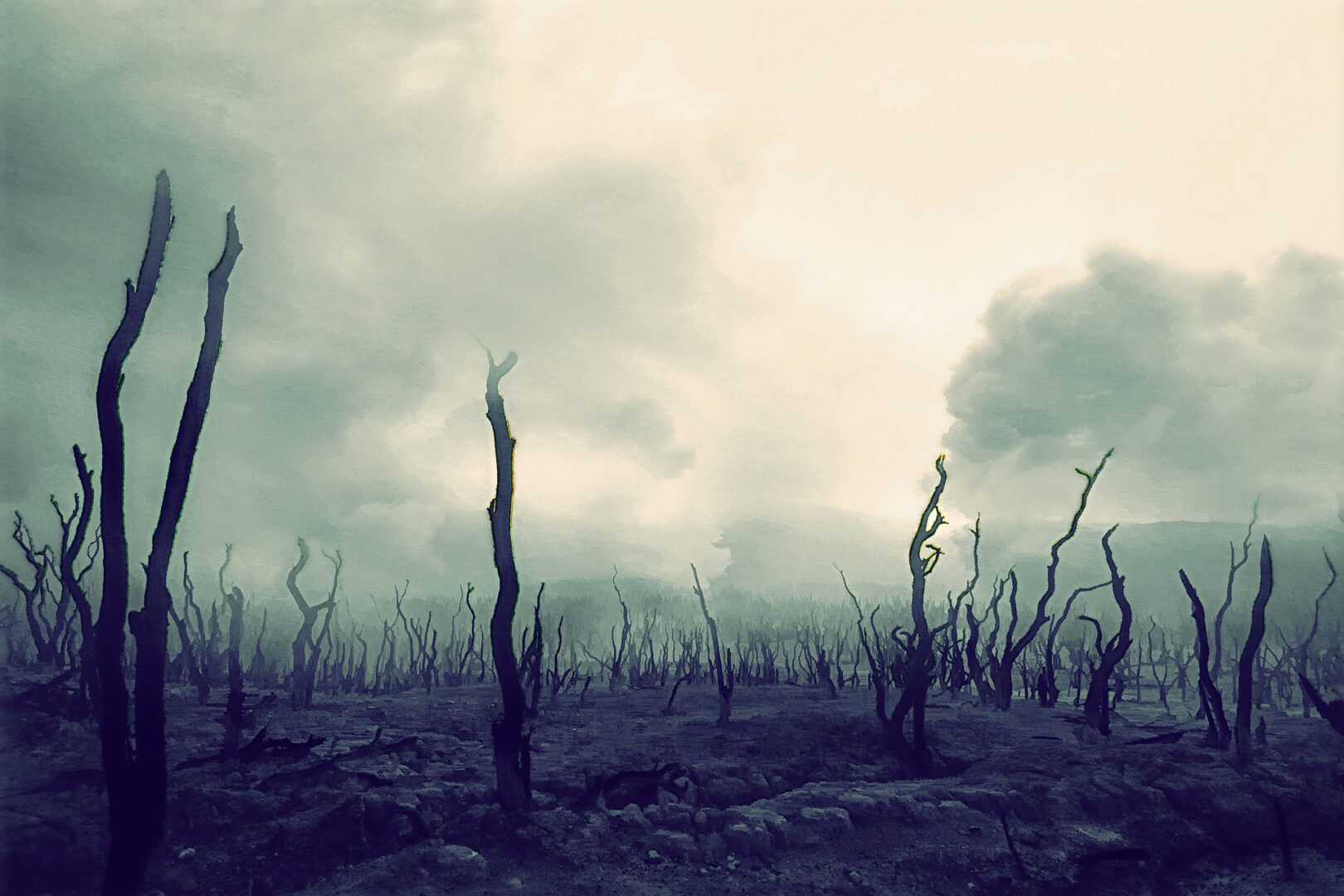Disclaimer: Please be advised that this story is a work of fiction created to explore the human impact of a hypothetical scenario following the Cuban Missile Crisis. My intention was not to shock, but present a realistic, albeit harrowing, portrayal rather than a romanticized or escapist one. Readers sensitive to themes of nuclear war, loss, or trauma may find this story emotionally challenging (Shahd 2025).
Returning after a couple of weeks of being unwell, and time spent in hospital I am back to normal with a story/scenario far from any I have posted before.
Remembering a Near Miss
This isn’t my typical blog post. It’s born from information and a personal conversation, an attempt to convey the unimaginable scale of what was almost lost during the Cuban Missile Crisis – not just lives, but our collective history, culture, and the very foundations of civilization. Understanding this near-catastrophe is crucial, so we can actively work towards preventing such a devastating event happening in our present world. It will not be just a story if it does.
The Night the Sky Lit Up
The dust tasted like metal and regret. Even sixty years later, I can still feel the grit between my teeth when the wind blows. They called it “the Brightest Day” before it was over – a cruel irony indeed.
I was seventeen in October of 1962, living with my parents on our farm outside Des Moines, Iowa. We grew corn and soybeans, we were far enough away from major cities to survive the initial blasts. … but “survived” feels like too generous a word
The sirens began late one night – not the routine test kind. These were desperate, urgent. My dad, a Korean War veteran, immediately led us into our cellar. Damp and smelling of potatoes, it felt solid, safe. We huddled there for what seemed an eternity, listening to increasingly frantic reports on the radio. Then came the flash. Not directly on us, but bright enough to pierce through the cellar door – a searing white light that burned itself onto my retinas.
Minutes later, the shockwave hit. Our house groaned and shuddered. When we finally dared emerge, it wasn’t the firestorms seen in wartime newsreels, but an eerie stillness. A silence broken only by the creaking of damaged buildings and the distant wail of fading sirens.
The Fallout And Loss

The fallout came next – a fine, grey powder settling on everything. My dad made us cover our mouths with water-soaked handkerchiefs, a futile gesture against something so pervasive. We stayed in the cellar for almost two weeks, rationing canned peaches and beans. When we finally ventured out, the world was irrevocably changed. The cornfields were blackened stalks, the soybeans withered. Our neighbours’ farm had vanished, reduced to splintered wood and twisted metal.
My parents didn’t survive the effects of Nuclear Fallout, not long after that Radiation sickness took them both within a year – slow, agonizing deaths. I buried them in the family plot, marking their graves with stones scavenged from the ruins of town.
Building a New Life From The Ashes
After they were gone, it was just me. Survival became my sole purpose. I joined a small group – Old Man Hemlock, a retired mechanic; Sarah, a nurse who’d lost her entire family; and two teenage brothers, Bob and Caleb. We found an abandoned schoolhouse about ten miles from our farm and fortified it as best we could.
The first few years of Post-Apocalyptic Survival were hell. The “nuclear winter” wasn’t just cold; it was dark. Months passed without seeing the sun. We scavenged for anything usable – tools, medicine, seeds. Sarah’s medical knowledge kept us alive through countless infections and injuries. Hemlock managed to get an old hand-cranked generator working, providing precious hours of light each night.
We also faced raiders – desperate people willing to kill for a can of beans or a gallon of water. Caleb was killed in one such encounter. Bob… he changed after that, becoming hardened and ruthless.
Over time, we learned to farm again, coaxing life out of the contaminated soil. It wasn’t much, but it was enough to keep us going. We traded with nearby settlements – salt for seeds, tools for medicine. A fragile network of cooperation emerged from the wreckage.
Remembering The Past, Hoping For The Future
I never married. Never had children. Too much loss, too much fear that any future wouldn’t be worth bringing a child into. I became the storyteller in our community, preserving what little I remembered of the old world – history, literature, music. Keeping the flame of knowledge alive, even if it was just a flicker.
Now, I’m an old woman. My hands are gnarled and weathered, my body aches with every movement. The schoolhouse is gone now, replaced by a small village built around a communal well. Bob’s grandson is one of the leaders here. He doesn’t remember the Brightest Day, only the stories I tell him.
Sometimes, when I look up at the night sky – when the clouds finally part and the stars are visible – I wonder if it was all worth it. All the suffering, all the loss. But then I see the faces of other peoples children playing in the village square, hear their laughter echoing through the fields… and I think maybe, just maybe, we salvaged something from the ashes.
It’s a hard life, but it’s life. And that, after everything that has gone before, is enough.
“Learn More About The Cuban Missile Crisis what really happened” or “Resources.”
Disclaimer: It is not intended as a factual recounting of events, nor does it represent any specific individual’s experience. My aim is to promote reflection in this scenario on the importance of peace and preventing catastrophic conflict. Ultimately, preventing such a catastrophe requires cooperation from many walks of life, and a commitment to peace. But informed awareness is the crucial first step (Shahdaroba 2025).